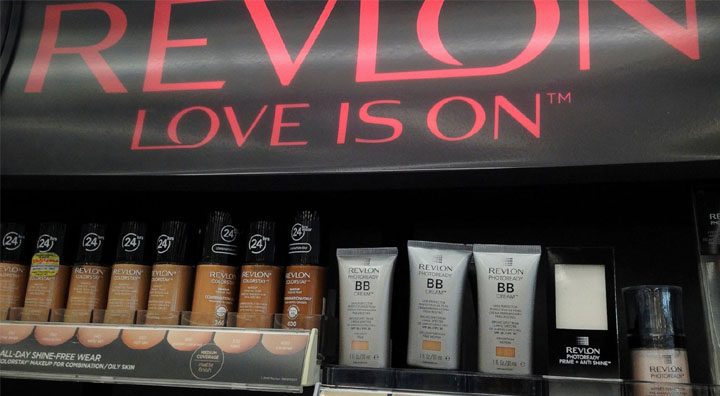LOS ANGELES: Cosmetics maker Revlon has filed for bankruptcy, falling victim to global supply chain disruptions that pushed up raw material costs and prompted vendors to demand upfront payments.
Known for its nail polishes and lipsticks, the 90-year-old company in recent years has lost shelf space and sales to startups backed by celebrities such as Kylie Jenner’s Kylie Cosmetics and Rihanna’s Fenty Beauty.
In its bankruptcy filing, Revlon said supply chain disruptions in the spring prompted intense competition for ingredients used to make its products.
The make-up company owned by billionaire Ron Perelman listed assets and liabilities between $1bn and $10bn, according to a filing with the US Bankruptcy Court for the Southern District of New York.
At the same time, vendors that traditionally offered up to 75 days for payment began demanding cash in advance of new orders, while labor shortages and inflation added to its troubles, it said.
“For example, one tube of Revlon lipstick requires 35 to 40 raw materials and component parts, each of which is critical to bringing the product to market,” Robert Caruso, who was hired as Revlon’s chief restructuring officer, wrote in a court filing.
“With shortages of necessary ingredients across the company’s portfolio, competition for any available materials is steep.”
Revlon’s sales have struggled amid supply bottlenecks and a failure to swiftly switch to in-demand skincare. The COVID-19 pandemic has lengthened ship delivery times since 2020, pushing up freight costs, while the Russia-Ukraine conflict and lockdowns in Shanghai have added to supply chain disruptions this year.
The company got its start selling nail polish in the throes of the Great Depression, and later added coordinated lipsticks to its collection. By 1955, the brand was international.
The company’s debt load proved burdensome after it sold more than $2bn of loans and bonds to fund its acquisition of Elizabeth Arden in 2016. It also owns brands including Cutex and Almay, and markets in more than 150 countries.
Revlon narrowly staved off multiple previous defaults by cutting deals with creditors to rework its obligations out of court. Chapter 11 filings allow a company to continue operating while it works out a plan to repay creditors.



































